How to stay ripped on a meatless diet
By: Dan Welden
I recently made the decision to transition to a vegan lifestyle, but I didn’t do it for health reasons or to save the animals. I did it because of the detrimental impact that livestock agriculture has on the environment, and I encourage you to do your own research on the subject. Although this was something I felt I needed to do, I was extremely concerned about losing muscle mass and weight by transitioning to a vegan diet.
After doing a lot of research, I discovered that my fears were irrational. There are plenty of protein-rich food options and meat replacements available for vegans. Many of these meat substitutes taste like the real thing and have less fat. However, as with any food group, you can’t consume too much of only one category. For example, many of these meat replacements are made from soy. According to American Nutrition Association, soy contains a number of anti-nutrients such as phytic acid (from phytates), which binds and prevents absorption of minerals like calcium, magnesium, and zinc, which is important for the production of testosterone. The key is consuming a diverse array of fruits, vegetables, nuts, beans, seeds, and grains in order to maintain appropriate nutrition intake. Since veganism is something that requires a lot of planning, I’ve provided three categories that I like focus on to help ensure I replace what meat naturally provides. I divided the categories into four food groups and provided examples of appropriate foods within each group.
FATS
Fruits & Vegetables: coconut, avocado, olives
Nuts: walnuts, pecans, peanuts
Beans & Seeds: black beans, navy beans, sunflower seeds
Grains: wheat germ, quinoa, amaranth
PROTEIN
Fruits & Vegetables: broccoli, spinach, cantaloupe, strawberries
Nuts: almonds, pistachios, Brazil nuts
Beans & Seeds: edamame, lentils, pumpkin seeds, hemp seeds
Grains: kamut, kaniwa, spelt, oats
TESTOSTERONE BOOSTERS
Fruits & Vegetables: cabbage, bananas, pineapple, blackberries
Nuts: almonds, cashews, Brazil nuts
Beans & Seeds: lima beans, flaxseed, fenugreek seed extract
Grains: amaranth, buckwheat, wild rice
Though this list is by no means comprehensive, it gives you an idea of the alternatives to meat that can help keep you shredded throughout the year.
Again, there are several studies warning about over-consuming soy products, so be sure to read the labels. Your best bet for creating a well-rounded meat-free meal plan is to consult a physician, registered dietician, or nutritionist, as you should before making any drastic changes to your diet. With proper planning and a diversified meal plan, you should have no problem staying ripped on a vegan diet.

